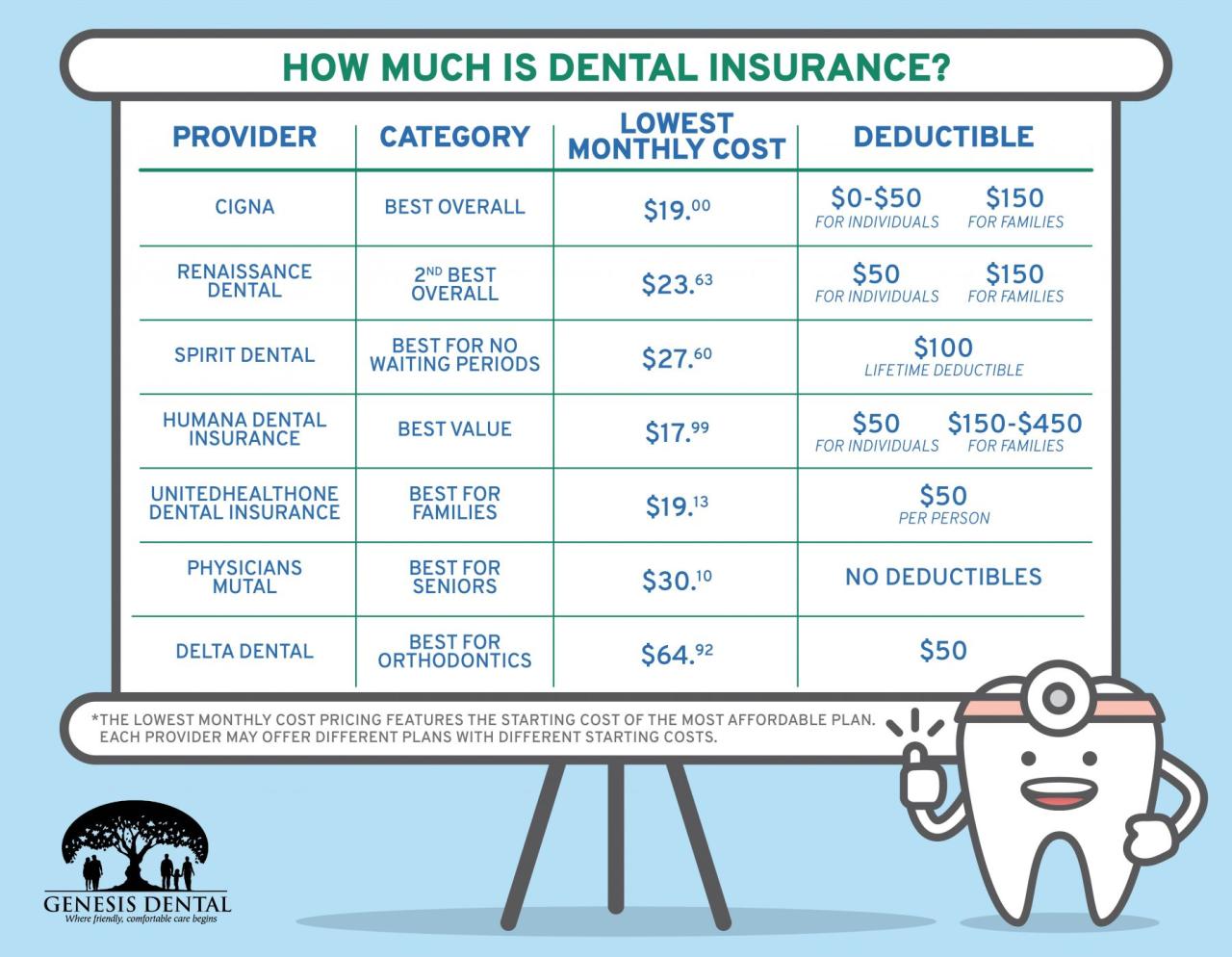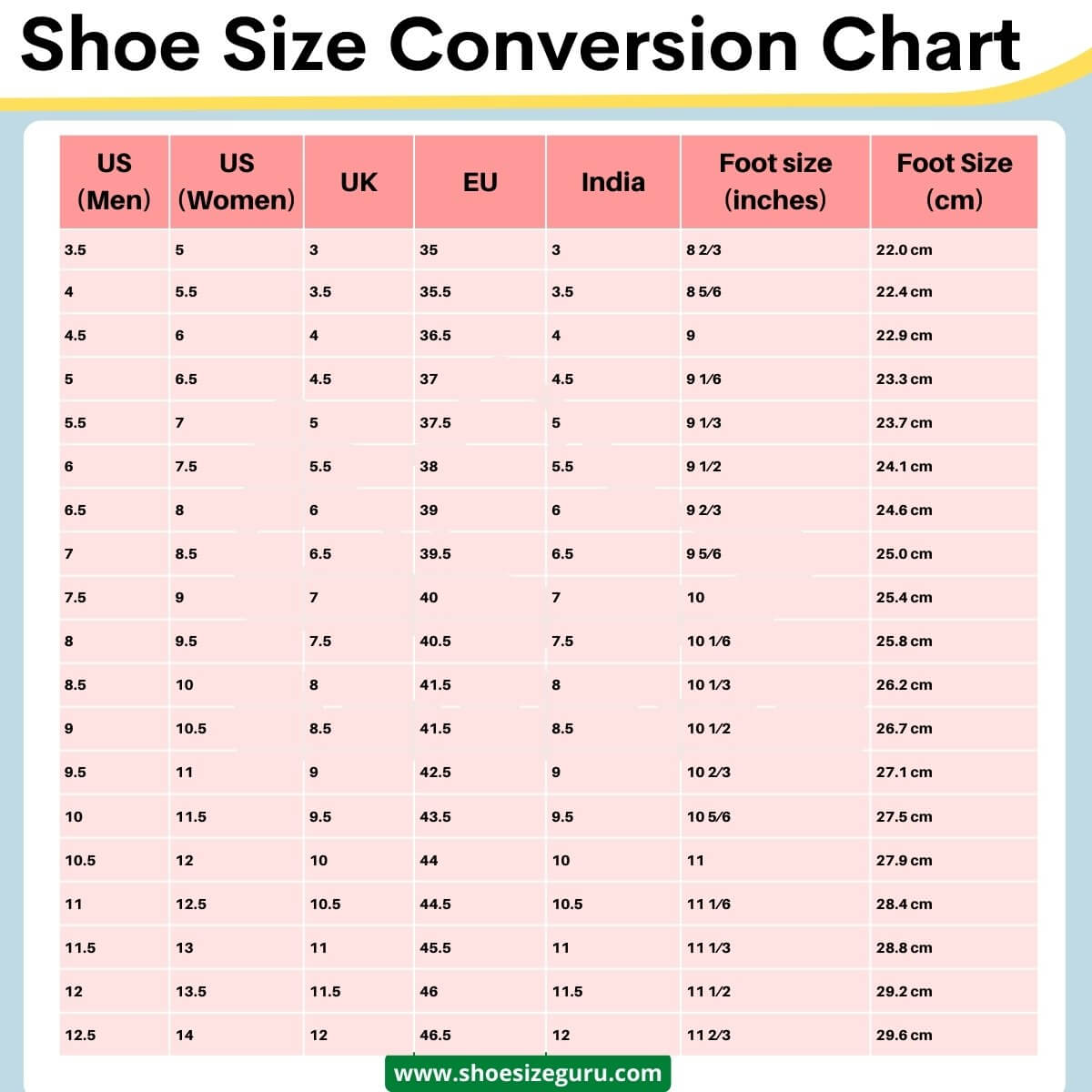Business insurance is your safety net, safeguarding your hard-earned success from unexpected events. It’s not just a legal requirement, it’s a smart business decision that provides peace of mind and financial stability. From covering property damage to protecting against lawsuits, the right insurance policies can help you weather storms and keep your business afloat.
Understanding the various types of business insurance, like property, liability, and workers’ compensation, is crucial. Each type offers specific coverage to address potential risks your business might face. Choosing the right mix of policies depends on factors like your industry, size, and location.
It’s also essential to consider your budget and the level of risk you’re willing to assume.
Understanding Business Insurance
Business insurance is a crucial aspect of safeguarding your company’s financial well-being and ensuring its long-term sustainability. It acts as a safety net, protecting you from unexpected financial losses arising from various risks inherent in the business world.
Types of Business Insurance
The insurance landscape offers a diverse range of policies tailored to meet the specific needs of different businesses. Here are some common types of business insurance and their key coverage areas:
- General Liability Insurance:This policy protects your business from claims arising from bodily injury, property damage, or personal injury caused by your business operations or products. It covers legal defense costs and settlements.
- Property Insurance:This coverage safeguards your business property, including buildings, equipment, inventory, and furniture, against risks like fire, theft, vandalism, and natural disasters. It provides financial assistance for repairs or replacement.
- Workers’ Compensation Insurance:This mandatory policy in most states protects your employees from work-related injuries or illnesses. It covers medical expenses, lost wages, and disability benefits.
- Product Liability Insurance:This policy protects your business from claims related to defective products that cause harm to consumers. It covers legal defense costs, settlements, and product recalls.
- Professional Liability Insurance (Errors and Omissions):This coverage is essential for professionals like lawyers, doctors, and accountants. It protects them from claims of negligence or malpractice in their professional services.
- Business Interruption Insurance:This policy provides financial support if your business operations are disrupted due to unforeseen events like natural disasters, fires, or power outages. It covers lost income and ongoing expenses.
- Cyber Liability Insurance:This coverage is increasingly important in today’s digital age. It protects your business from financial losses resulting from cyberattacks, data breaches, and other cybersecurity incidents.
Common Business Risks
Business insurance plays a vital role in mitigating various risks that can threaten your company’s stability and profitability. Here are some common business risks that insurance can help address:
- Property Damage:Fires, floods, earthquakes, and other natural disasters can cause significant damage to your business property, disrupting operations and leading to financial losses.
- Liability Claims:Accidents, injuries, and product defects can result in lawsuits and hefty settlements, putting a strain on your financial resources.
- Employee Injuries:Work-related accidents can lead to medical expenses, lost wages, and legal complications, impacting your business’s productivity and profitability.
- Cyberattacks:Data breaches, ransomware attacks, and other cyber threats can compromise your business’s sensitive information, disrupt operations, and lead to significant financial losses.
- Business Interruptions:Power outages, natural disasters, or other unforeseen events can disrupt your business operations, leading to lost revenue and increased expenses.
Key Considerations for Choosing Business Insurance
Selecting the right business insurance is crucial for protecting your company from financial risks. Here are some key factors to consider when choosing a policy:
Factors Influencing Insurance Selection
- Industry and Business Type:Different industries and business types face unique risks. For example, a construction company will have different insurance needs than a software development firm.
- Size and Revenue:The size and revenue of your business will influence the amount of coverage you need. Larger businesses with higher revenue may require more comprehensive insurance.
- Location:The location of your business can impact the types of risks you face. For example, businesses in hurricane-prone areas may need additional coverage for natural disasters.
- Risk Tolerance:Your risk tolerance determines how much risk you are willing to accept. Businesses with a high risk tolerance may opt for lower coverage, while those with a low risk tolerance may prefer more comprehensive insurance.
- Budget:The cost of insurance is a significant factor to consider. It’s essential to balance your coverage needs with your budget constraints.
Comparing Insurance Policies
When comparing different insurance policies, consider the following factors:
- Coverage Limits:This refers to the maximum amount the insurer will pay for a claim. Ensure the coverage limits are sufficient to cover your potential losses.
- Deductibles:This is the amount you pay out-of-pocket before the insurance coverage kicks in. Higher deductibles usually result in lower premiums.
- Premiums:This is the cost of your insurance policy. Factors like coverage limits, deductibles, and risk factors influence premiums.
- Exclusions:These are specific risks or events that are not covered by the policy. Review the exclusions carefully to ensure you understand what is not covered.
- Customer Service:Choose an insurer with a reputation for excellent customer service and responsiveness to claims.
Importance of Consulting Insurance Professionals

Navigating the complex world of business insurance can be overwhelming. Consulting with experienced insurance professionals can provide invaluable guidance. They can help you:
- Identify Your Specific Needs:Insurance professionals can assess your business’s unique risks and recommend the most appropriate coverage.
- Compare Policy Options:They can provide you with quotes and compare different policy options from reputable insurers.
- Negotiate Terms:They can help you negotiate favorable terms and conditions with insurers.
- Manage Your Policies:They can assist you with managing your insurance policies, including renewals, claims processing, and recordkeeping.
The Importance of Adequate Coverage
Having insufficient insurance coverage can have devastating consequences for businesses, potentially leading to financial ruin and even closure. Adequate insurance is crucial to protect your company from unexpected losses and ensure its long-term viability.
Consequences of Inadequate Coverage
- Financial Ruin:Uninsured risks can result in substantial financial losses that can cripple your business. For example, a fire that destroys your building without adequate property insurance could lead to bankruptcy.
- Loss of Business Operations:Lack of coverage for business interruption can force you to shut down operations temporarily or permanently, impacting your revenue and profitability.
- Legal Liability:Inadequate liability insurance can leave you vulnerable to lawsuits and hefty settlements, putting your assets at risk.
- Damage to Reputation:Uninsured events can damage your business’s reputation, leading to customer loss and decreased trust.
Hypothetical Scenario
Imagine a small bakery that experiences a fire that destroys its equipment and inventory. Without adequate property insurance, the bakery would face significant financial losses, including the cost of replacing equipment, inventory, and lost revenue. This could lead to the closure of the business and the loss of jobs.
Real-World Examples
Many real-world examples illustrate the importance of adequate insurance. For instance, a recent cyberattack on a major retailer resulted in the theft of millions of customer credit card numbers. Without adequate cyber liability insurance, the retailer faced substantial financial losses and legal repercussions.
Managing Business Insurance Policies
Effective management of your business insurance policies is crucial to ensure you have the right coverage at the right time. This involves regular review, renewal, and claims processing.
Step-by-Step Guide to Policy Management

- Review Your Policies Regularly:At least annually, review your policies to ensure they still meet your business’s needs. Consider any changes in your operations, risks, or industry regulations.
- Renew Your Policies Timely:Ensure you renew your policies before they expire to avoid gaps in coverage. Contact your insurer well in advance of the renewal date.
- File Claims Promptly:If you experience a covered event, file a claim promptly. Follow your insurer’s guidelines and provide all necessary documentation.
- Keep Accurate Records:Maintain detailed records of your insurance policies, including coverage details, renewal dates, and claims history. This will help you manage your policies effectively and ensure you have the information you need when filing claims.
Policy Management Table
| Aspect | Description |
|---|---|
| Renewals | Ensure timely renewal of policies to avoid gaps in coverage. |
| Claims Processes | Understand the claims process and file claims promptly. |
| Recordkeeping | Maintain detailed records of policies, coverage details, and claims history. |
Tips for Maximizing Value and Minimizing Costs
- Bundle Policies:Consider bundling multiple policies with the same insurer to potentially receive discounts.
- Improve Risk Management:Implement risk management practices to reduce your exposure to potential losses. This can lead to lower premiums.
- Shop Around:Get quotes from multiple insurers to compare prices and coverage options.
- Negotiate Terms:Don’t be afraid to negotiate with insurers to secure favorable terms and conditions.
- Consider Deductibles:Choose a deductible that balances your budget with your risk tolerance.
The Role of Business Insurance in Risk Management
Business insurance is an integral part of a comprehensive risk management strategy. It helps businesses mitigate financial risks, protect their assets, and ensure their long-term viability.
Integration with Risk Management Strategies
Business insurance plays a vital role in risk management by providing financial protection against unexpected losses. By transferring some of the financial burden to an insurer, businesses can focus on their core operations and mitigate the impact of potential risks.
Impact on Business Continuity and Operational Resilience
Insurance can significantly enhance business continuity and operational resilience. By providing financial resources to recover from disasters, accidents, or other disruptive events, insurance helps businesses minimize downtime and maintain their operations.
Benefits of Comprehensive Risk Assessment
A comprehensive risk assessment process is essential for informing insurance decisions. It helps businesses identify their specific risks, assess their potential impact, and develop appropriate risk mitigation strategies. This process can help businesses select the most relevant and cost-effective insurance coverage.
Closure
Business insurance isn’t just about protecting your assets; it’s about safeguarding your dreams and securing your future. By carefully assessing your risks, choosing the right coverage, and managing your policies effectively, you can create a solid foundation for your business to thrive.
Remember, investing in insurance is an investment in your business’s long-term success.













